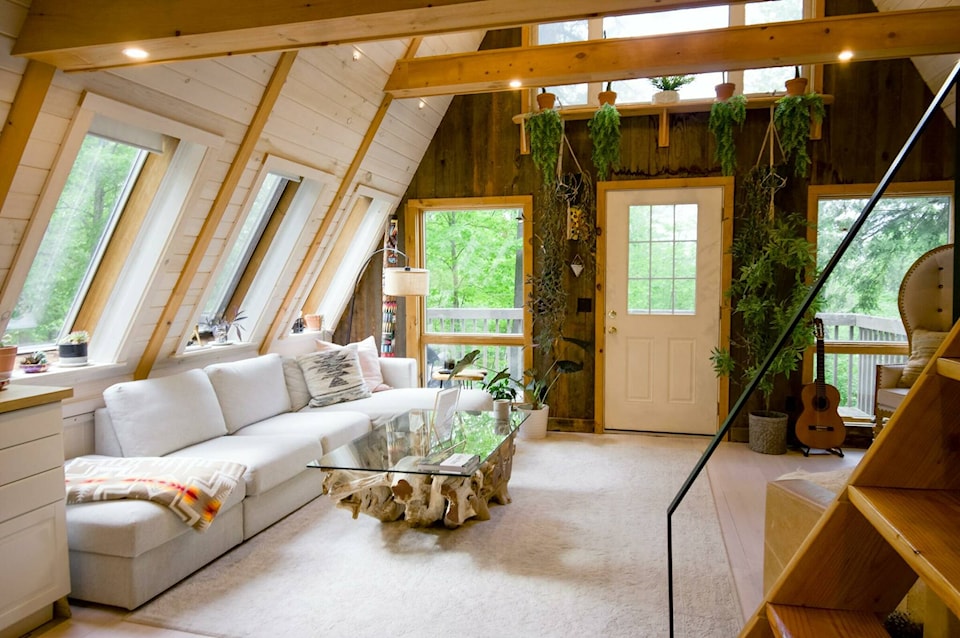When planning a vacation or a business trip, staying in a short-term rental can offer a cozy and personalized experience. However, ensuring your safety, particularly regarding fire hazards, should be a priority. This article provides essential short term rental fire safety tips to help travelers like you enjoy a secure stay.
Understanding and implementing fire safety measures in a rental property can make a significant difference. These tips are designed to keep you safe and informed during your travels.

Why Fire Safety is Crucial in Short-Term Rentals
Fire safety is not just a concern for homeowners; it’s equally important in short-term rentals. With the flexibility and convenience these properties offer, they also come with unique safety challenges. Ensuring that you’re well-aware of the fire safety guidelines in your rental can prevent potential disasters.
Understanding the Risks
Unfamiliar environments can increase the risk of accidents. Knowing the layout and exits of a property is vital. As a traveler, understanding the specific risks associated with your rental can aid in quick decision-making during an emergency.
Essential Fire Safety Equipment in Rentals
Before finalizing your booking, check if the property is equipped with essential safety equipment. This includes smoke detectors, fire extinguishers, and carbon monoxide detectors. These devices are crucial for early detection and response in case of a fire.
Checking Smoke Detectors
Ensure that the rental has functioning smoke detectors. They should be installed in key areas such as bedrooms and hallways. Test them upon arrival to confirm they are operational.
Locating Fire Extinguishers
Know the locations of fire extinguishers within the property. Familiarize yourself with how to use them effectively. This knowledge can be life-saving in an emergency.
Carbon Monoxide Detectors
Check for carbon monoxide detectors, especially if the rental uses gas appliances. Carbon monoxide is a silent killer, and having a detector can provide early warnings of leaks.
Creating a Fire Escape Plan
Having a well-thought-out escape plan is essential for your safety. Upon arrival, take a few minutes to map out potential escape routes from each room. Identify multiple exits and ensure they are accessible.
Planning Your Routes
Consider all possible exits, including windows and doors. Ensure that they are not blocked and easy to open. Share this plan with your travel companions to ensure everyone is informed.
Conducting a Drill
Practicing your fire escape plan can make all the difference during an emergency. Conduct a quick drill to familiarize yourself and your companions with the procedure. This practice can help reduce panic and confusion.
Safe Cooking Practices
Cooking is a common activity in short-term rentals, but it can also be a fire hazard if not done cautiously. Follow safe cooking practices to minimize risks.
Stove and Oven Safety
Never leave cooking unattended. Keep flammable items away from the stove and oven. Use timers to remind you of cooking times and ensure appliances are turned off after use.
Using Grills Safely
If the rental offers a grill, ensure it’s used outdoors and away from the property. Keep a fire extinguisher nearby and never leave the grill unattended while in use.
Electrical Safety in Rentals
Electrical hazards can pose significant risks in short-term rentals. Here are some tips to ensure electrical safety during your stay.
Inspecting Cords and Outlets
Check electrical cords for fraying or damage. Ensure outlets are not overloaded with multiple devices. Use power strips with surge protectors to prevent electrical fires.
Handling Appliances
Be cautious when using appliances. Follow the manufacturer’s instructions and ensure appliances are in good working condition. Unplug devices when not in use to prevent overheating.
Being Prepared for Emergencies
Preparation is key to handling emergencies effectively. Ensure you have access to emergency contact numbers, including the local fire department. Know the address of your rental to provide accurate information during an emergency.
Emergency Kits
Having an emergency kit with essentials like a flashlight, first aid supplies, and water can be beneficial. Keep it in an easily accessible location.
Communication Tips
Discuss emergency plans with your travel group. Ensure everyone knows how to contact emergency services and use communication devices like phones and radios.
Conclusion
Ensuring fire safety in short-term rentals is crucial for a safe and enjoyable travel experience. By following these short term rental fire safety tips, you can protect yourself and your loved ones from potential fire hazards. Always prioritize safety and stay informed about the property you’re staying in.
For more information on making the most of your short-term rental experience, visit rental cleaning checklist and guest communication tips for additional guidance.
Additionally, for those considering longer stays, check out this long-term stays guide for more insights.

FAQs
1. What should I do if I notice a fire hazard in my rental?
If you identify a fire hazard, report it to the property owner or manager immediately. Ensure you take precautions to minimize the risk until it is resolved.
2. Are fire extinguishers required in short-term rentals?
While regulations can vary, it is advisable for short-term rentals to have fire extinguishers available for guest safety. Always check for their presence before booking.
3. How can I ensure my rental has working smoke detectors?
Upon arrival, test the smoke detectors to ensure they are functioning. If they are not operational, inform the property owner to address the issue promptly.
This article contains affiliate links. We may earn a commission at no extra cost to you.

